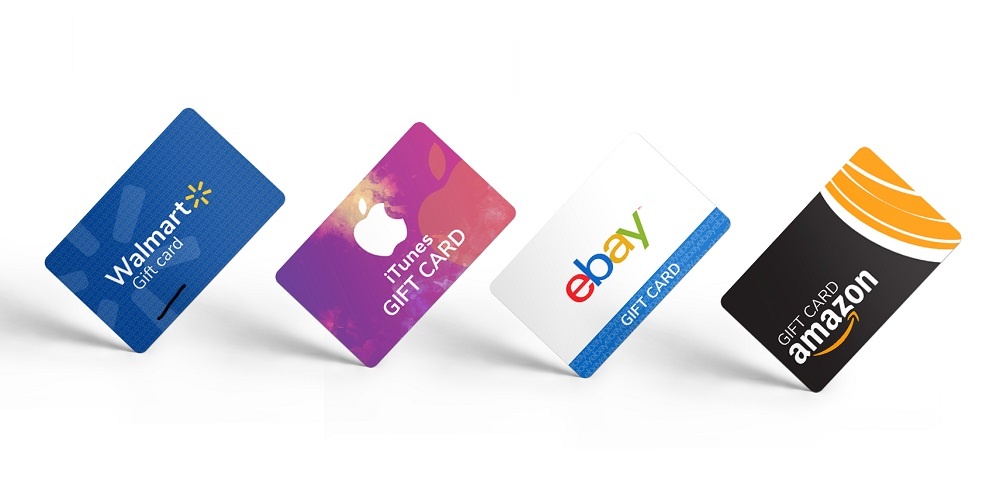Fiber, a Nigerian-based startup, is leading the charge in digitizing small and medium-scale enterprises (SMEs) across Africa. With over 45 million SMEs contributing to the continent's economy, Fiber aims to solve the problem of under-digitization by offering a suite of solutions to optimize business processes. By positioning itself as the operating system for SMEs, the company addresses specific pain points, starting with an inventory and sales management solution.
Recognizing the challenges faced by SMEs operating with crude business processes, Fiber's app enables merchants to record inventory and sales digitally. This addresses the common issue of understocking or overstocking, leading to lower margins or wastage. Additionally, the app allows suppliers to be automatically alerted when stock needs replenishment. This innovative approach stems from extensive market research that revealed the lack of data-driven operations in many SMEs.
The founder and CEO of Fiber, Peter Obiechina, was initially focused on real estate opportunities until his uncle's request for an inventory solution sparked the idea. Understanding the critical need for remote oversight and real-time data for SMEs, Peter embarked on a mission to digitize operations for African businesses.
According to a PwC report, a poorly managed inventory system is a major reason for SME failures in Africa. With 46% of small businesses lacking structured tracking systems, and the perception of existing solutions being complex or expensive, Fiber aims to provide an affordable and user-friendly digital solution for all African SMEs.
Obiechina believes that Fiber is poised to disrupt Africa's SME-servicing ecosystem, stating that their inventory and sales management solution is just the beginning. The company envisions solving more complex challenges for SMEs and plans to roll out inventory financing solutions. While competitors like Pastel and Kippa have secured significant funding, Fiber has relied on bootstrapping, demonstrating high capital efficiency and clear market traction with close to 20,000 app downloads and 3,000 monthly active users.
Fiber's product differentiates itself through additional features and a hyper-local approach to product building. With basic and advanced modes, the platform caters to both non-technical users and those seeking comprehensive self-management capabilities. Features include offline functionality, multiple staff support, Bluetooth printing, barcode scanning, and timely notifications.
Operating with a freemium model for single users and an annual fee of ₦50,000 ($108.6) for SMEs with multiple staff, Fiber ensures accessibility while generating revenue. The company's web application and mobile app are available for download, steadily gaining popularity among SMEs across Africa.
For Fiber's pragmatic founder, vanity metrics are not the focus. The goal is to establish Fiber as a market leader in the African SME landscape. Obiechina is confident in the company's ability to change the SME narrative and contribute to economic growth, stating, "It's a marathon, but we've got what it takes."
In an era where digitization is essential for business success, Fiber's mission to transform African SMEs through streamlined operations marks a significant step forward for the continent's economic development.





















